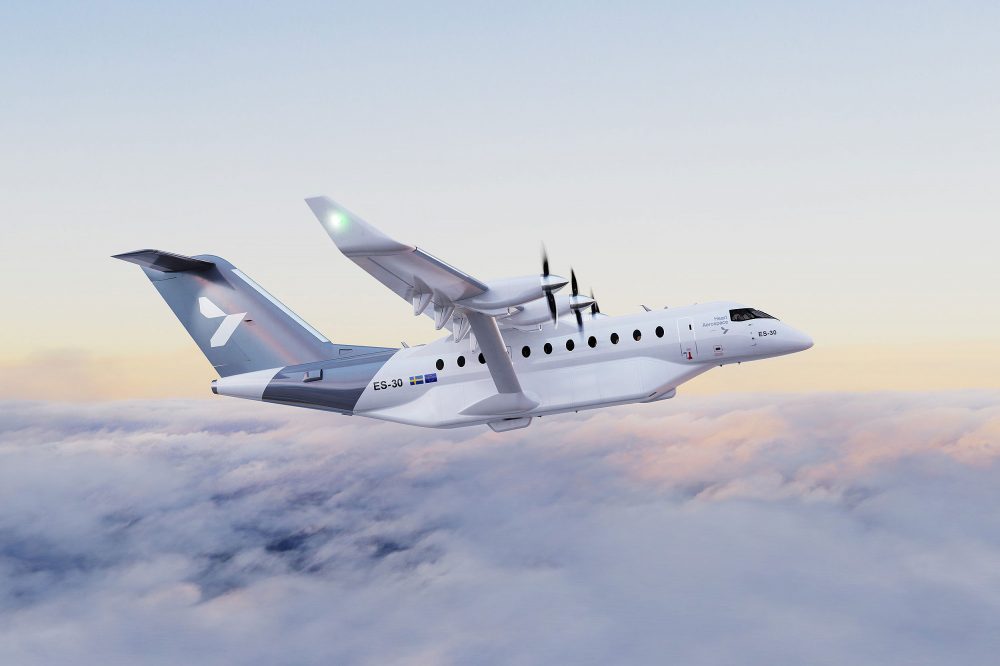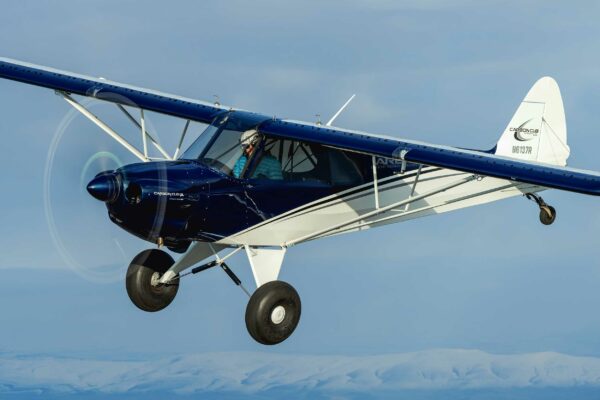The world of commercial aviation has agreed on a collective long-term goal of net-zero carbon emissions by 2050.
It took two weeks of intensive diplomacy by over 2500 delegates from 184 member states and 57 organisations at the annual assembly of the International Civil Aviation Organisation (ICAO) to adopt the target.
The achievement of net-zero will rely on the combined effect of multiple CO2 emissions reduction measures, including the accelerated adoption of new and innovative aircraft technologies, streamlined flight operations, and the increased production and deployment of sustainable aviation fuels (SAF).
ICAO Secretary General Juan Carlos Salazar said, “Countries have achieved some tremendous and very important diplomatic progress at this event, and on topics of crucial importance to the future sustainability of our planet and the air transport system which serves and connects its populations.”
Member states at the ICAO Assembly also collectively underscored the importance of viable financing and investment support to the new CO2 emissions goal’s attainment, and fully supported a new ICAO programme to accelerate the availability and use of SAF.
Other notable environmental developments at the 41st ICAO Assembly included the completion of the first periodic review of the Carbon Offsetting and Reduction Scheme for International Aviation (CORSIA).
“The historic outcome of the Assembly were acknowledged to be thanks to the outstanding leadership and excellent chairwomanship of the meeting by Ms. Poppy Khoza, the Director General of Civil Aviation of South Africa, and the first ever female President of the ICAO Assembly,” said an ICAO statement.
ICAO







